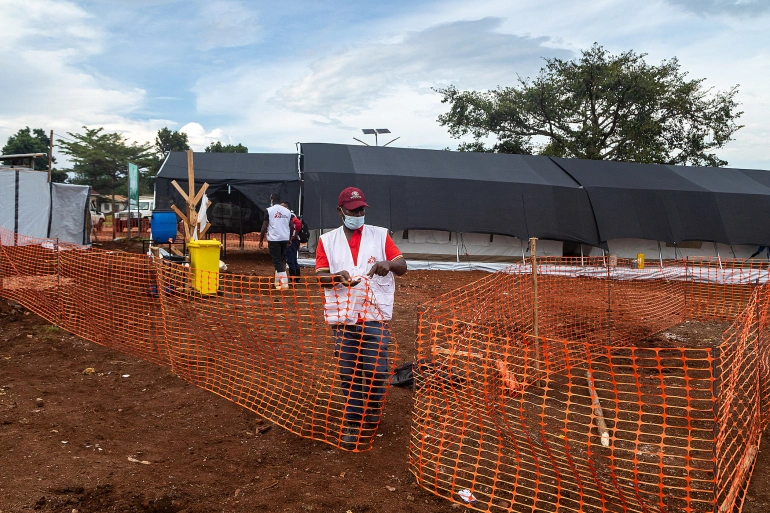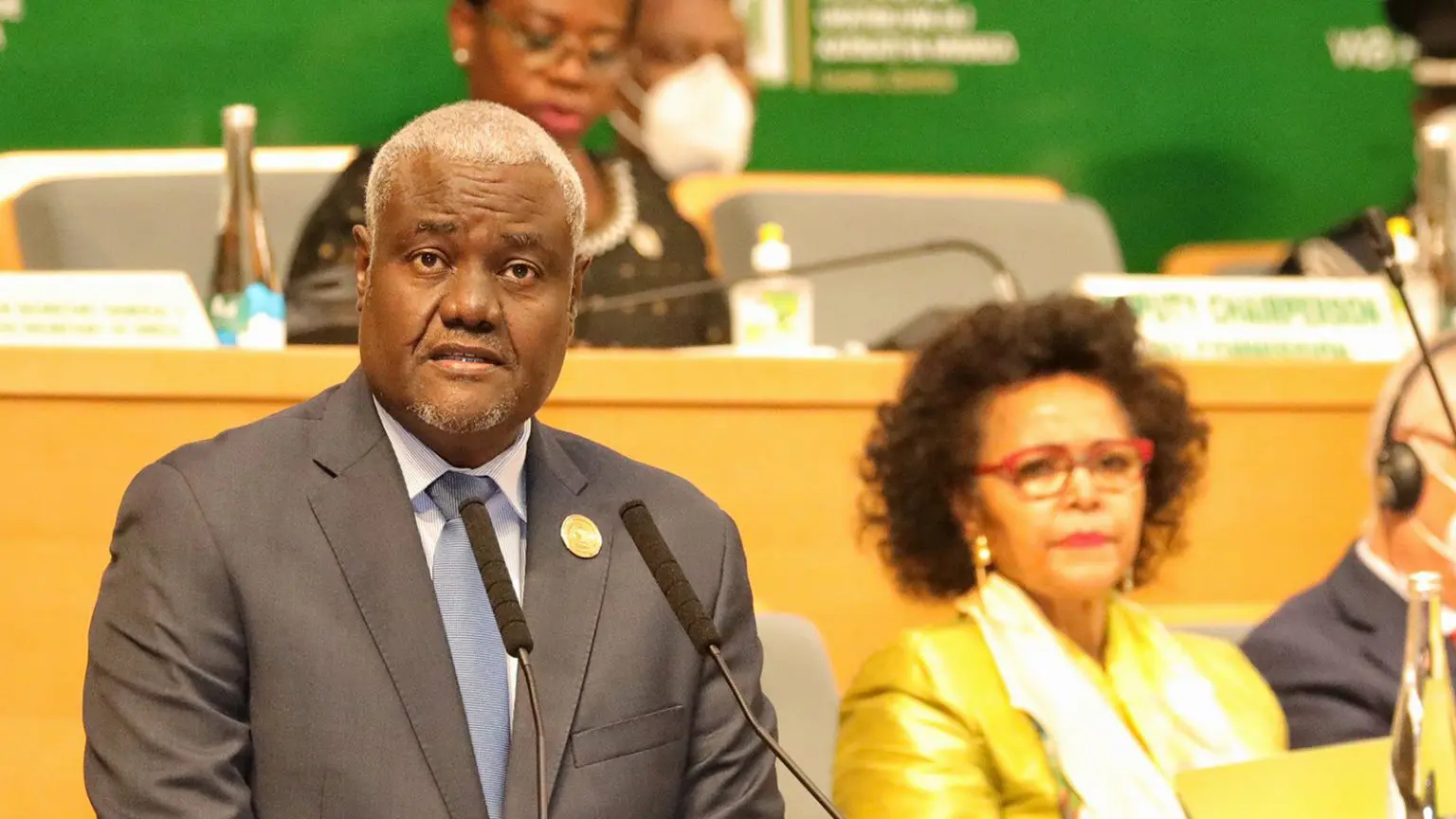Uganda’s Ebola-free: A Triumph of Preparedness and Early Response
Uganda has been declared Ebola-free by the World Health Organization (WHO) after the latest outbreak of the virus claimed almost 60 lives in about five months. The outbreak of the deadly virus was declared over after 42 days without a new case being reported, which is double the incubation period for the virus according to WHO protocols. The highly contagious disease spreads through direct contact with bodily fluids, and causes fatigue, fever and bleeding from the eyes and nose. It kills almost half of those who become infected.
This outbreak, which involved the Ebola Sudan strain of the virus, began in September and killed 56 people, including seven healthcare workers, and caused 142 confirmed infections. The virus spread through parts of the country, with officials hesitant to impose another ban on movement within the country in the wake of recent coronavirus lockdowns. Only in December were a curfew and restrictions on movement introduced in the affected districts. By then, the United States and other countries had issued orders to screen all travelers from Uganda arriving at their airports.
The acting director of Africa’s Centers for Disease Control, Ahmed Ogwell Ouma, has praised the Ugandan government for its “excellent” coordination of Ebola containment measures, saying it had taken approximately 70 days to bring the outbreak under control. African health authorities had prioritized preparedness for the deadly virus after devastating outbreaks of the Ebola Zaire strain in Guinea, Liberia and Sierra Leone between 2013 and 2016 killed more than 11,300 people. Those outbreaks inspired global fear that air travel could allow the virus to spread across the world in a matter of hours. That fear helped galvanize research and funding for vaccines to protect against the Zaire strain of the virus.
Three candidate vaccines in development for the Ebola Zaire strain were sent to Uganda, with the first arriving on December 8, to be evaluated in a clinical trial being run by the Makerere University Lung Institute, as there is currently no vaccine proven to be effective against the Sudan strain of the virus. Critics have said an opportunity was missed as the candidate vaccines only arrived as the virus was waning. The delays meant a chance to trial the drugs amid an evolving outbreak was missed. However, the limited trial did prove the vaccines safe to use on humans. In December, doctors discharged the last known Ebola patient in Uganda from hospital, allowing President Yoweri Museveni to lift all Ebola-related restrictions and curfews for the holiday season.
“Today we join the Government of Uganda to declare the end of the Sudan Ebola Virus Outbreak in the Country,” said Dr Matshidiso Moeti, WHO’s Regional Director for Africa. The WHO’s Moeti further added, “With no vaccines and therapeutics, this was one of the most challenging Ebola outbreaks in the past five years, but Uganda stayed the course and continuously fine-tuned its response. Two months ago, it looked as if Ebola would cast a dark shadow over the country well into 2023, as the outbreak reached major cities such as Kampala and Jinja, but this win starts off the year on a note of great hope for Africa.”
The end of the Ebola outbreak in Uganda is certainly a cause for celebration and relief, but it also serves as a reminder of the importance of preparedness and early response in the face of deadly epidemics. The Ebola virus is a highly contagious and deadly disease, and it is essential that countries and international organizations take the necessary steps to prevent and contain outbreaks as quickly as possible. The WHO’s announcement of Uganda being Ebola-free is an encouraging sign for the continent of Africa and the rest of the world, showing that with proper coordination and response, it is possible to overcome even the most challenging of outbreaks.


